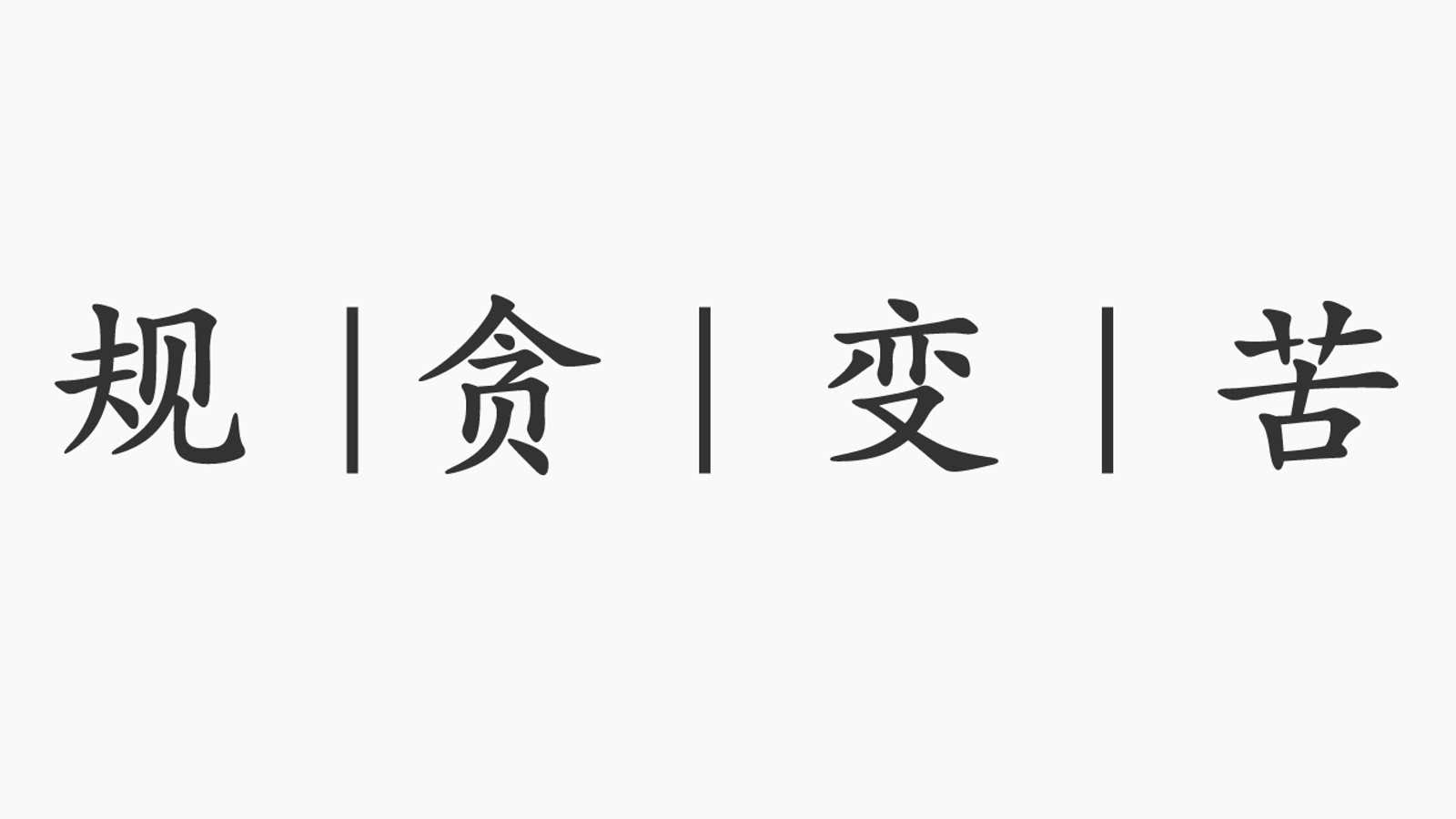Every year, various countries with large Chinese-speaking populations vote to select a “Chinese character of the year.” Here are the words chosen to represent 2016:
The character of the year is similar to the words of the year we get in the English world, like “paranoid,” chosen by Cambridge Dictionary to define 2016. There are some important differences between the Chinese and English choices, though.
For one thing, a single Chinese character is usually pretty vague on its own. In order to form what English speakers would think of as a ”word,” multiple characters usually need to be combined. For example, the two characters 刻 (ke) and 苦 (ku) together describe someone as “hardworking.” But on its own the second character ku—elected by Taiwan as its 2016 representative—implies various concepts, such as “suffering,” “pain,” “bitter,” and others. So the “character of the year” ends up being something more like a “concept” or “sentiment” of the year than a “word” of the year.
Another important difference is that English words of the year are usually chosen by experts, such as lexicographers or linguists. Chinese characters of the year, rather, are chosen by popular vote. Though in China, as you might expect, the winning character is always perfectly in harmony with the Communist Party’s policy goals. This year’s was “rules and regulations.” Last year’s was “incorruptible.”
Ma Ka-Fai, a Hong Kong journalist and columnist, lamented on a Chinese talk show that nobody in Taiwan voted for his proposed character: 裂 (lie), meaning “divided.”
